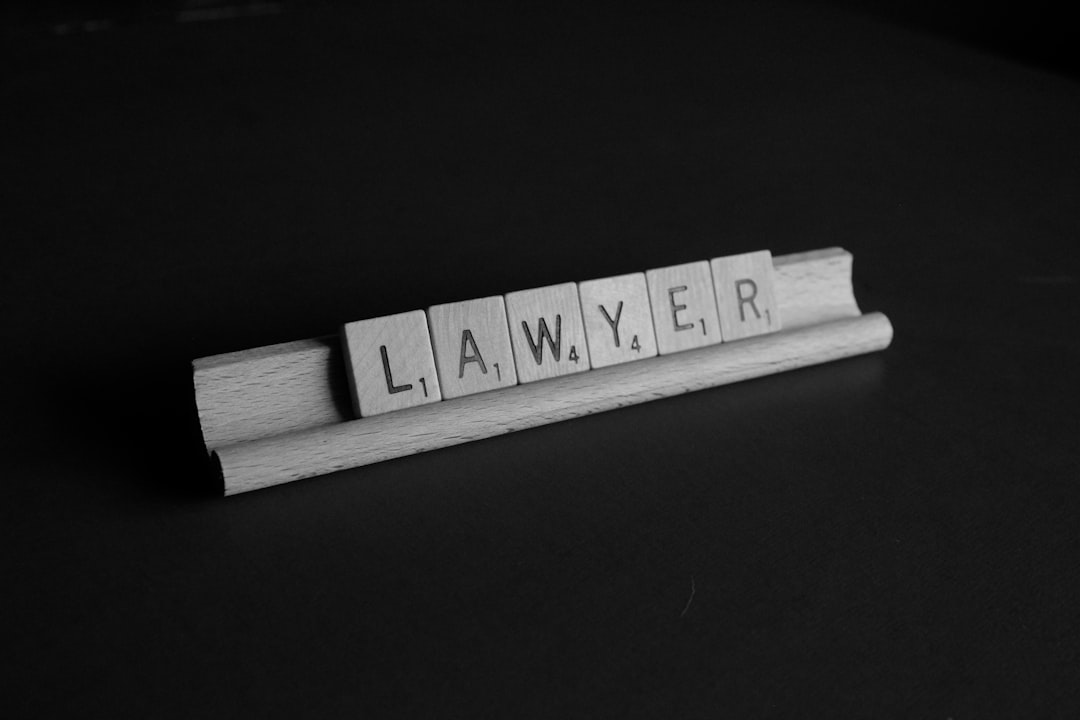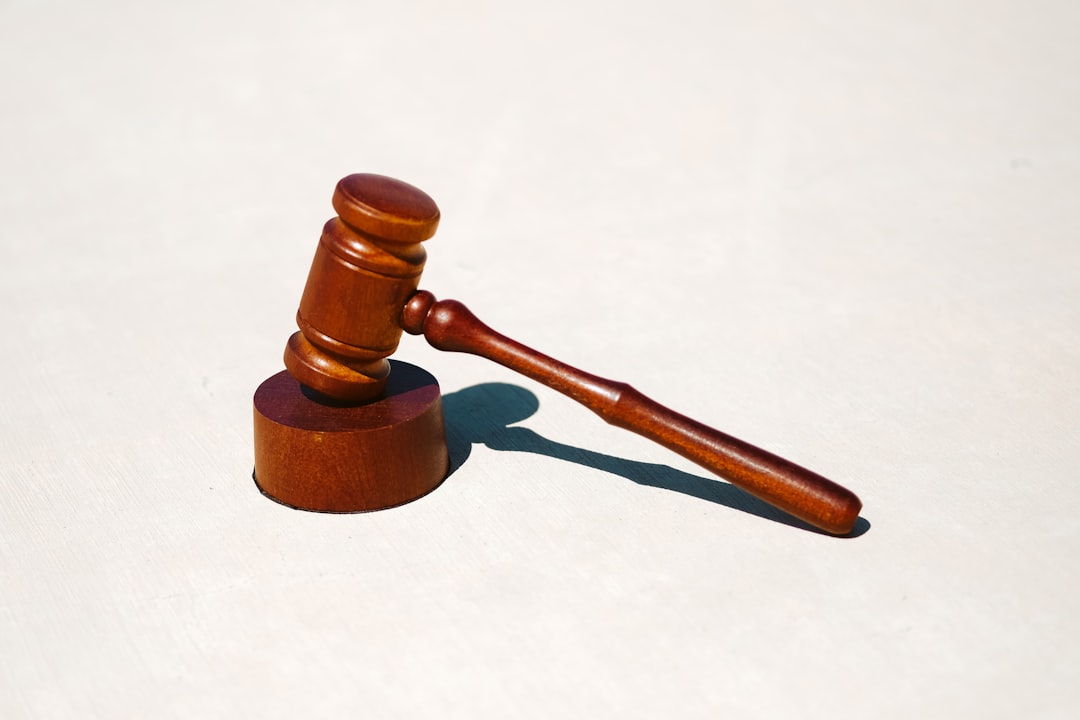In Jackson, Mississippi, delayed reporting of school abuse creates complex ethical challenges for educators, legal professionals, and community members. State law mandates immediate reporting, but factors like fear and confidentiality concerns often lead to delays. School abuse law firms in Mississippi must balance child protection laws with potential harm from immediate disclosure, navigating intricate dilemmas to ensure justice while maintaining ethical standards. Open communication channels and stricter protocols are crucial for early detection, advocating for student safety above all else.
In Jackson, Mississippi, delayed reporting of child school abuse has raised significant ethical concerns. This article delves into the complex interplay between legal obligations and moral responsibilities in such cases, focusing on the role of school authorities and law firms. We explore the legal implications of tardy disclosures, particularly regarding school abuse, and the ethical dilemmas they present. Additionally, we propose strategies to address these challenges, emphasizing the importance of prompt reporting for protecting vulnerable children in Mississippi.
Understanding the Context: Delayed Reporting in Jackson, Mississippi

In Jackson, Mississippi, delayed reporting in cases involving school abuse has emerged as a complex ethical challenge for various stakeholders, including educators, legal professionals, and community members. Mississippi law requires that certain types of child abuse be reported promptly to relevant authorities, but there are instances where this stringent timeline is not met, often due to fear, confidentiality concerns, or systemic barriers within the education system. This context sets the stage for intricate ethical dilemmas for school administrators and school abuse law firms in the state.
The challenges are multifaceted. On one hand, adhering to reporting laws is crucial to protect children and facilitate timely interventions. Yet, delaying reports can be justified in situations where immediate disclosure might cause further harm or jeopardize ongoing investigations. Balancing these competing interests requires a nuanced understanding of local regulations and the unique dynamics of each case. School abuse law firms in Mississippi must navigate these complexities, ensuring that justice is served while maintaining the highest ethical standards in their handling of such sensitive matters.
Legal Implications: School Abuse and Law Firms' Responsibilities

In cases involving delayed reporting of school abuse in Mississippi, legal implications play a pivotal role. The state’s laws and regulations regarding child protection and reporting obligations are clear; educators and other mandatory reporters must immediately forward suspicions or knowledge of child abuse to the appropriate authorities. Delayed reporting can have severe consequences for both the victim and the perpetrators. Law firms representing victims or even those suspected of wrongdoing face ethical dilemmas. They must balance confidentiality with their professional responsibility to report potential abuses, adhering to Mississippi’s rules of professional conduct.
School abuse cases necessitate a delicate navigation through legal and ethical territories. Law firms operating in Mississippi have a duty not only to their clients but also to the larger community. They must be vigilant in recognizing and reporting suspected child abuse while ensuring that any disclosures are made responsibly and within the confines of the law. This responsibility extends beyond the traditional attorney-client relationship, underscoring the broader social impact of legal actions in cases of school abuse.
Ethical Dilemmas Arising from Late Disclosure Scenarios

In cases involving delayed reporting of school abuse, especially in Mississippi, where school officials and administrators are legally obligated to disclose incidents of harm or potential harm to students, ethical dilemmas emerge when disclosure is postponed. This postponement can be due to various reasons, including fear of legal repercussions, maintaining institutional reputation, or prioritizing other interests over the victim’s well-being. Such delays not only obstruct justice but also exacerbate the trauma experienced by victims, often from vulnerable populations like children.
Law firms specializing in school abuse cases highlight that late disclosure scenarios create complex ethical challenges. They argue that the duty of care and protection owed to students should supersede any potential legal or institutional risks. Furthermore, the principle of transparency and accountability in educational settings is paramount. When delays occur, it undermines trust between students, parents, and educational institutions, eroding the fundamental purpose of education as a safe and nurturing environment for all.
Strategies to Address and Mitigate Ethical Challenges

When facing ethical challenges due to delayed reporting in cases involving school abuse, several strategies can be employed by legal professionals and educational institutions to address and mitigate these issues. First, open communication channels between teachers, administrators, and parents are vital. Encouraging a culture where potential incidents of abuse are discussed openly without fear of retaliation can lead to earlier detection and reporting.
Additionally, law firms specializing in Mississippi school abuse cases can play a crucial role by advocating for stricter protocols and training programs. These initiatives should focus on recognizing and reporting child abuse, ensuring that all staff members are educated on legal obligations and ethical considerations. Such measures can help foster a safer environment for students while navigating the complexities of these sensitive cases.






